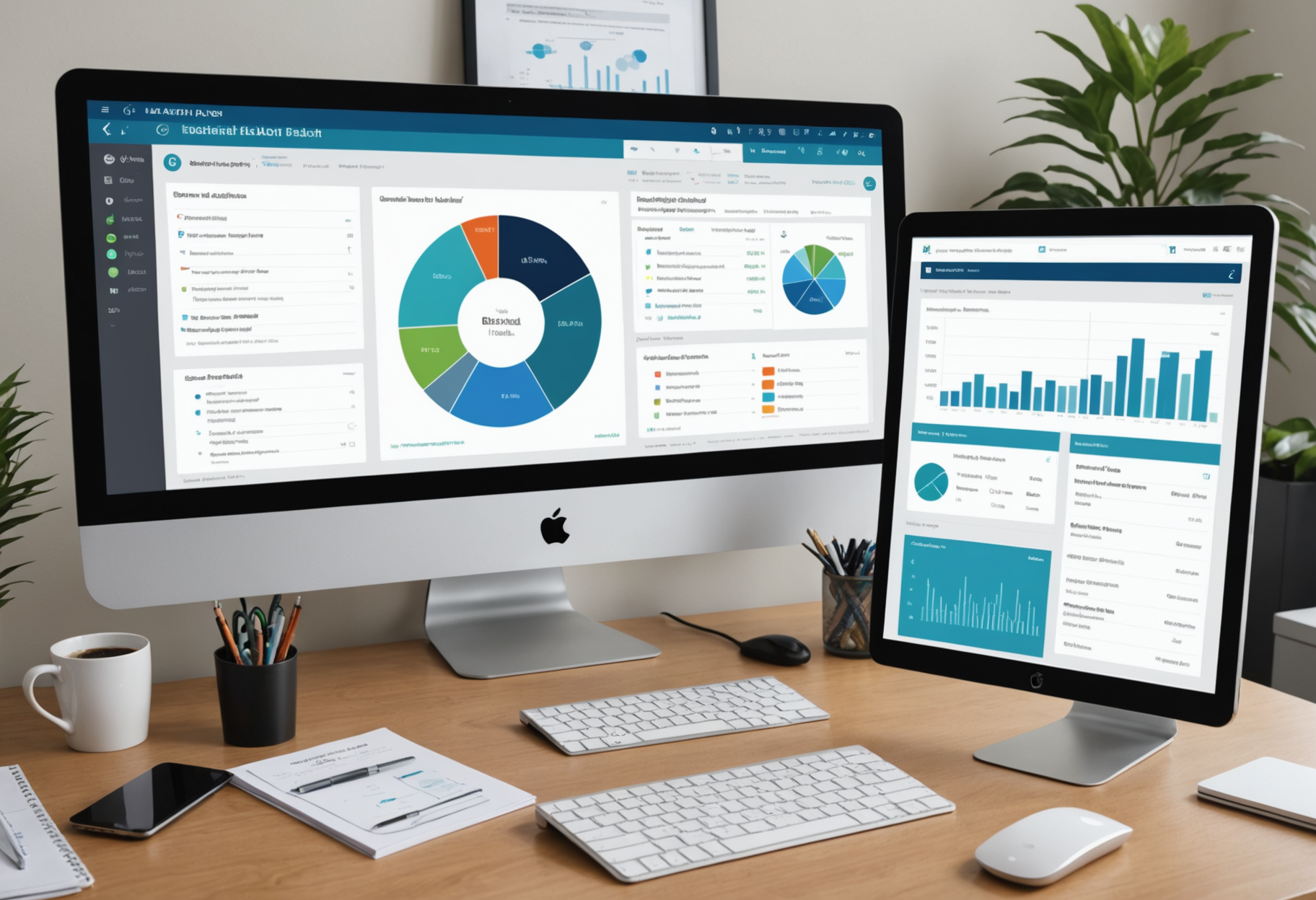As mental health demand rises, providers face an urgent need for tools that streamline care without compromising privacy. Behavioral health case management software offers a digital solution to organize care plans, documentation, and compliance efforts—all in one place. In this guide, we’ll explore key benefits and features, and show how the right technology can enhance client care across the behavioral health landscape.
How Case Management Software Improves Coordination Of Care

Coordinating care among mental health professionals, case workers, and community services can be complex. Case management software for behavioral health simplifies this by offering centralized access to patient records, treatment plans, and progress notes. Rather than navigating paper files or disparate systems, teams can collaborate in real-time with up-to-date information.
According to the Office of the National Coordinator for Health Information Technology, interoperability and digital access to health records are critical for improving quality of care and client safety. By integrating behavioral health EHR systems that support HIPAA compliance, providers can more confidently communicate and reduce gaps in treatment.
Benefits Of Behavioral Health Case Management Software

Behavioral health professionals face mounting administrative tasks, from documentation to monitoring outcomes. The right software can alleviate this burden, delivering tangible benefits for both clients and practitioners:
- Improved Workflow Efficiency: Streamlined intake processes, appointment scheduling, and case documentation reduce time spent on manual tasks.
- Data Security: HIPAA compliant behavioral software tools help ensure patient privacy, a non-negotiable standard in behavioral health care.
- Customizable Care Plans: Users can generate and adjust plans based on individual client needs, improving personalization and flexibility.
- Insightful Reporting: Built-in analytics allow for the tracking of outcomes and quality metrics over time.
Moreover, many modern mental health case management systems include telehealth capabilities, which can be especially helpful in expanding accessibility to underserved populations.
Evaluating Behavioral Health Software Pricing And Features

Finding the best behavioral health EHR software often comes down to balancing features with cost. Pricing models vary—some platforms charge per user, while others offer scalable subscriptions for small to large practices.
When comparing behavioral health software pricing, consider the total value over time. Solutions offering client portals, appointment reminders, and integrations with billing systems may reduce the need for additional software purchases. As noted by the Substance Abuse and Mental Health Services Administration (SAMHSA), integration across care teams and efficient data handling are pivotal to improving service delivery.
Additionally, look for platforms that offer free demos or trial periods. This allows your team to assess both usability and support before making a long-term investment.
Ensuring Compliance And Security With HIPAA-Compliant Software

Security is paramount when handling personal mental health data. HIPAA-compliant behavioral software not only encrypts electronic health records but also tracks access logs and utilizes secure cloud storage.
The U.S. Department of Health & Human Services emphasizes the need for administrative, physical, and technical safeguards in any software used in healthcare. Behavioral health organizations should verify that the platform they choose offers role-based permissions, secure messaging, and regular system audits.
Ultimately, maintaining compliance isn't just about avoiding penalties—it helps build trust with clients who depend on you for their most personal and sensitive care.
As digital tools continue to support mental health service delivery, investing in effective behavioral health case management software can help streamline your workflow, protect sensitive data, and enhance client care. Whether you're starting a small practice or optimizing operations in a large organization, the right solution offers flexibility, compliance, and improved outcomes. If you're curious about case management software for behavioral health, learning more can help you make an informed decision tailored to your needs.
